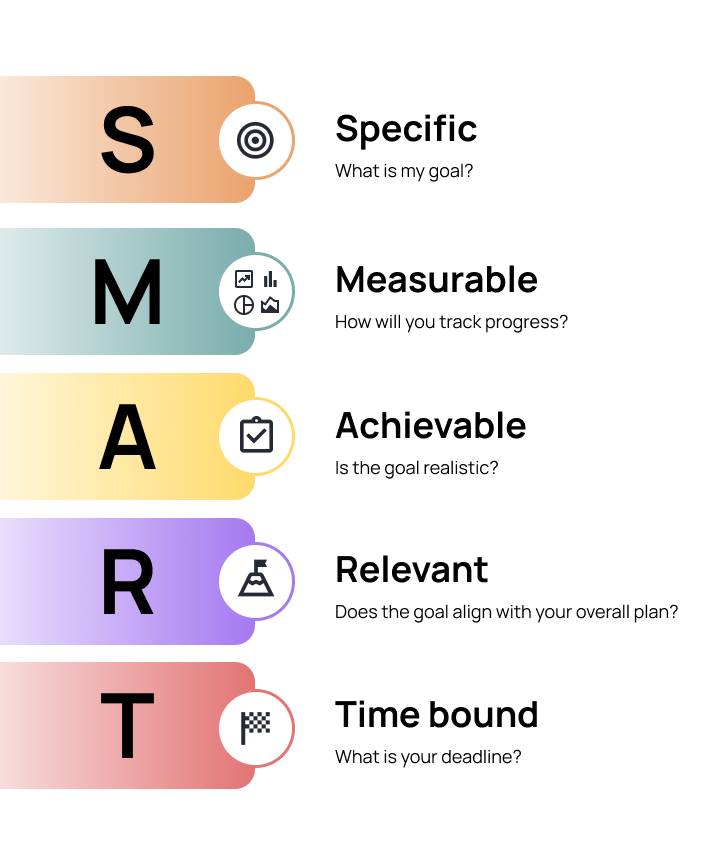From taking accountability to proactive risk management and learning to listen. We’re taking a look at how to be a better project manager, and there’s plenty to learn.

Project managers are like pizza. Even bad project managers are better than no project managers. All jokes aside, if you’re trying to find out how to be a better project manager, the first thing you need to understand is that even though “best” is subjective, there’s a huge difference between the middle of the pack and the top.
With that said, there’s nothing wrong with putting your head down, and focusing on delivering the best possible project each time. If you’re consistently making deadlines and delivering quality then you’re already a great project manager. But the best project managers won’t just focus on the projects themselves, they also inspire their teams, and build a culture that makes sure everyone thrives.
In this article we’ll go over the most important skills any project manager needs to master, and we’ll teach you how to become a better project manager.
We’ve all read the LinkedIn posts, blogs, and text books that try to teach you how to become a better project manager. Most of them tell you that the most important thing is following the 5 C’s of project management, which means you need to focus on Complexity, Criticality, Compliance, Culture, and Compassion.
Sometimes it’s the 5 W’s of project management, which tells you that you need to answer Who, What, When, Where, and Why.
The more tongue in cheek resources will tell you that all you need to do to become a better project manager is to follow the 7 P’s, which is adopted from the British Army. The 7 P’s refer to the adage “Proper Planning and Preparation Prevents Piss Poor Performance.”
The similarity between all of these helpful tips (apart from the obvious love for alliteration), is that they are extremely generic and not all that helpful beyond telling you that you need to be prepared and remember to define your project scopes. Obviously.
So, to help find out how to become a better project manager, we decided to put the question to hundreds of project managers across the internet. Which skills best help set a project manager apart.
This is a compiled list of all the answers we found, and the skills they deemed most important to master.
Beyond the specific skills you need to master to become a better project manager, being a good project manager also involves adopting different practices that will help improve your project management game.
Here are five actionable tips to help you excel in your role:
We could say something like “effective communication is the bedrock of successful project management” but that would honestly just be stating the obvious.
And it wouldn’t really help you beyond knowing that communication is important.
So, instead of a blanket statement that tells you that “communication is key” let’s instead dive into what we mean when we say communication. Because this is probably one of the things most people (including project managers) get wrong.
Communication isn’t just making sure you are heard, or being clear in what you say—although this is a big part of it.
To improve your communication skills as a project manager you need to:
Apart from creating an environment where your teams can grow and improve, speed is probably the most important part of communication. Every email or Slack notification takes time, but if you don’t answer you are potentially creating a bottleneck or misunderstanding.
As a project manager, setting clear and well-defined goals are an essential part of the job.
For most project managers, ensuring that project goals are written as SMART goals will help achieve this. SMART goals are Specific, Measurable, Achievable, Relevant, Time-bound.

Beyond defining the goals themselves, it’s also a good idea to break larger goals down into milestones, and to communicate these to the team as you are progressing.
A project's success is always dependent on the performance of the team.
To effectively manage a team you need to delegate tasks, provide necessary resources and support, foster a collaborative and positive work environment, and recognize achievements along the way.
Learning to identify different strengths and weaknesses within your team will let you assign tasks for optimum efficiency, providing constructive feedback will let individual team members grow, and resolving conflicts proactively will ensure smooth operations.
Just like Evander Holyfield learned in 1997, everybody has a plan until they’re bitten by Mike Tyson. And this is just as true for businesses as it is for boxers.
Jokes aside, if we can give you one guarantee as a project manager, it is that something will eventually go wrong. It might be a big problem or a small one, but there’s no getting around it.
Because of this, you need to be proactive in the way you manage risks, so you avoid a situation where a small problem ends up biting your proverbial ear off.
Proactive risk management includes:
During the course of a project you need to regularly review and update your risk register, and communicate potential risks and mitigation strategies to all project stakeholders.
It doesn’t matter how good you are, you can always get better, and the landscape of project management is constantly evolving. So, if you want to be a truly effective project manager you need to be committed to learning new things and improving your skills throughout your entire career.
This means you need to seek feedback, reflect on both the successes and failures of past projects, stay updated on industry best practices and methodologies, and you need to be open to changing your approach.